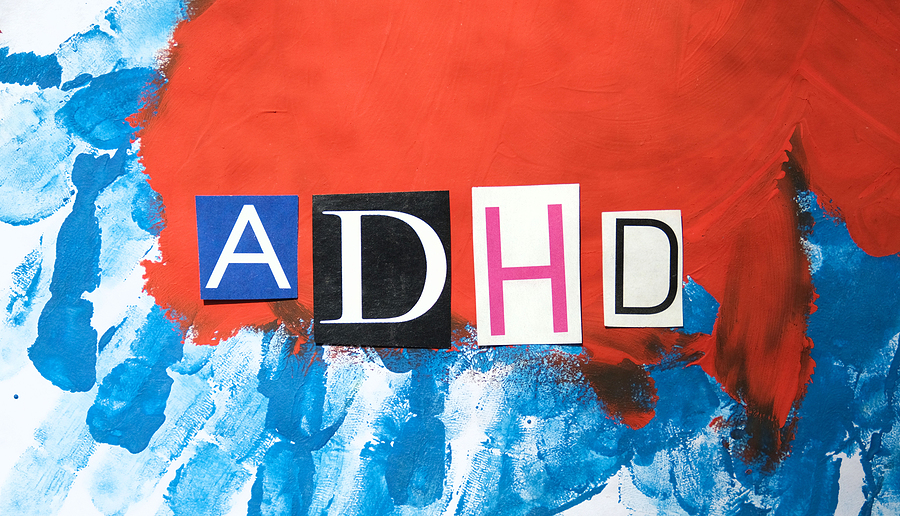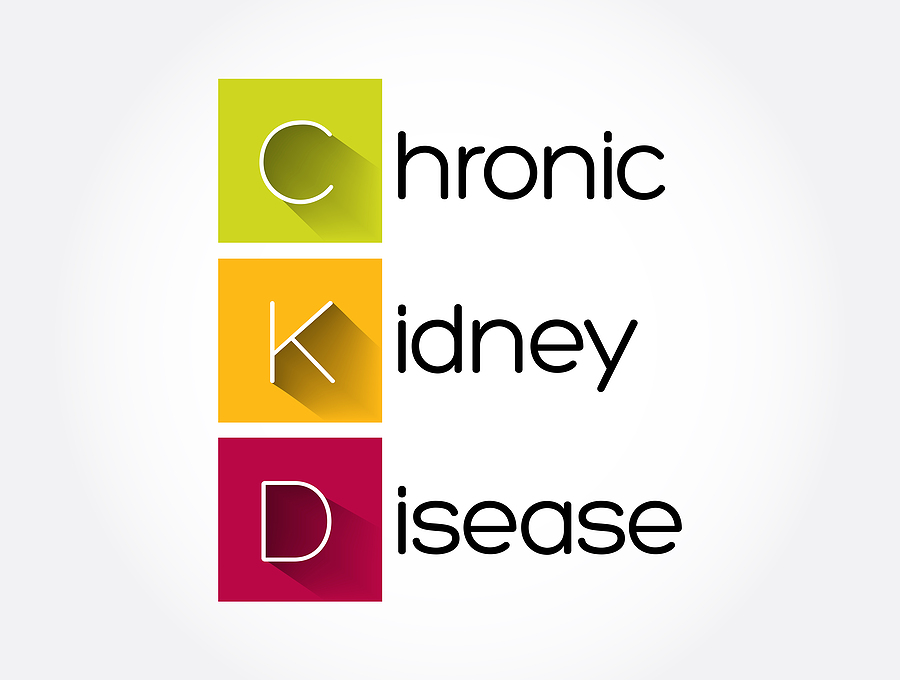FAA Medicals for Pilots with ADHD – On August 30, 2023, the FAA announced its “ADHD Fast Track” certification process for pilots with a history of ADHD [1].
Before that, pilots with any mention of ADHD in their medical records or any previous use of related medication who applied for medical certification were required to wait for formal FAA review.
That standard was applied to pilots who briefly took Adderall in elementary school and later went on to successful, unmedicated academic and professional careers the same way it did for those who discontinued medication only a few months before their flight physicals.
There is a big difference between those two groups of people.
ADHD is growing faster than the FAA’s budget
With the prevalence of ADHD diagnosis nearly doubling in the past 25 years [2], the number of aspiring pilots who need to square their past treatment for the condition has kept a similar pace.
The upward trend in antidepressant prescribing [3] has been even more dramatic. Though not as fast as many would wish, the FAA’s policies have also changed with the times.
Pilots with a past brief depressive episode and even those taking medication for well-controlled major depression can now successfully qualify for a medical certificate.
Unfortunately, the number of would-be pilots trying to take advantage of those policy changes has outpaced the FAA’s budget and staffing by orders of magnitude.
The result has been a back-logged medical certification system that can take almost a year for pilots with ADHD or a history of depression to navigate.
Real-world success can be as good as clinical assessment
A significant portion of that backlog involves pilots who took medication for ADHD at some point in their past but have not required it for many years.
The FAA still cites several ADHD-related mishaps and emphasizes the risk posed by impaired focus and working memory. However, their new ADHD “Fast Track” program allows pilots with a proven track record of unmedicated academic and/or professional success to qualify for medical certification without centralized FAA review.
What does that mean? Truth be told, they have not changed their stance on ADHD all that much.
No matter, when you last, had symptoms or took medication, all pilots with an ADHD history are still required to have a current in-depth assessment from a psychologist or neuropsychologist.
What has changed?
From a record requirements perspective, the only real difference is that pilots without ADHD symptoms or treatment in the four years before their FAA flight physical are no longer required to see an FAA-trained HIMS evaluator.
So what is all the fuss about?
The real significance of the FAA’s ADHD Fast Track program centers around two points:
- Pilots without recent ADHD issues and a clean bill of health from any psychologist can now receive their medical certificate on the day of their exam; and
- FAA reviewers have been authorized to apply the same Fast Track criteria to applications that have already been submitted
To those unfamiliar with the FAA’s medical certification system, the change might seem subtle. To those with a medical certificate application in deferment or who have been through the process in the past, it probably seems more dramatic.
How will this affect your application?
For pilots who have not yet applied for a medical certificate, this policy change could save you months and thousands of dollars. The FAA has not specified a particular protocol your psychologist must use to perform their assessment so it may cost much less than the full battery of tests the FAA used to require.
By working with a good AME or consultant to gather the appropriate information before your flight physical, you may even be able to get your certificate on the day of your physical.
For those who have already applied and received a favorable evaluation from a HIMS psychologist, you may be able to cut the line. That may happen automatically for some people, but there is a way to force the issue.
Pilots who are otherwise qualified and had their applications deferred only because of ADHD can point that out to the Aerospace Medical Certification Division (AMCD) via phone or in writing. That may be enough to have your certificate issued administratively rather than waiting for an FAA psychiatrist to approve it.
Second order effects
Keep in mind that these direct benefits only apply if your symptoms and treatment of ADHD were more than four years in the past. For everyone else, there is still some good news.
As fewer pilots have their applications deferred and many others are removed from the existing queue, the backlog of deferred medical certificate applications should go down. That would mean reduced wait time for any application in the same bottleneck.
There is another, broader impact. Supported by good scientific evidence, the FAA’s medical certification policies have long been trending in a more permissive direction.
Unfortunately, many pilots are still reluctant to fully disclose their medical histories because of horror stories about the FAA bureaucracy. High visibility policy changes like this one emphasize an important point: if you are safe to fly, chances are the FAA will agree with you.
Convincing them usually involves some elbow grease and paperwork, but with the right preparation, it might be easier than you think to stay in the air.
References:
[1] “Guide for Aviation Medical Examiners | Federal Aviation Administration.” https://www.faa.gov/ame_guide/dec_cons/disease_prot/adhd (accessed Sep. 10, 2023).
[2] CDC, “ADHD Throughout the Years | CDC,” Centers for Disease Control and Prevention, Mar. 31, 2020. https://www.cdc.gov/ncbddd/adhd/timeline.html (accessed Sep. 10, 2023).
[3] P. Bogowicz, H. J. Curtis, A. J. Walker, P. Cowen, J. Geddes, and B. Goldacre, “Trends and variation in antidepressant prescribing in English primary care: a retrospective longitudinal study,” BJGP Open, vol. 5, no. 4, p. BJGPO.2021.0020, Aug. 2021, doi: 10.3399/BJGPO.2021.0020.
Follow us on Facebook.com/wingmanmed





